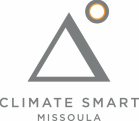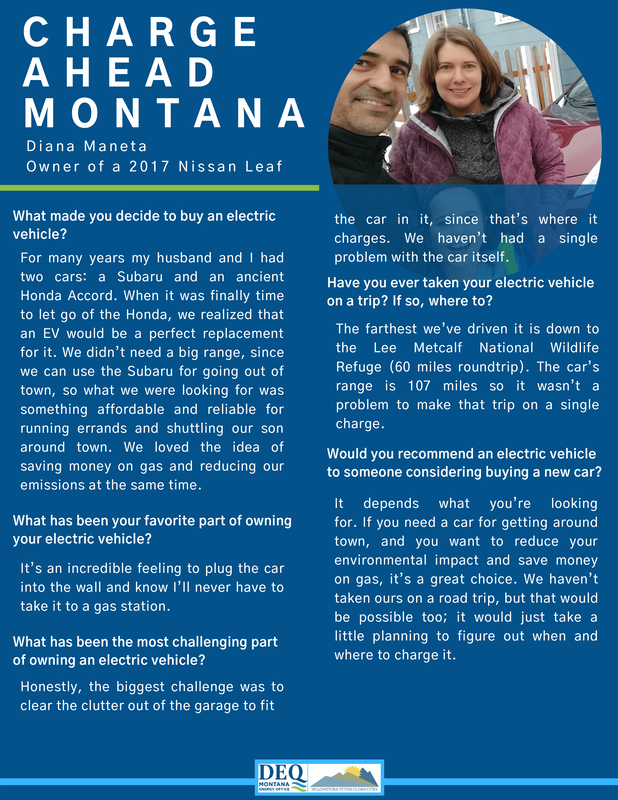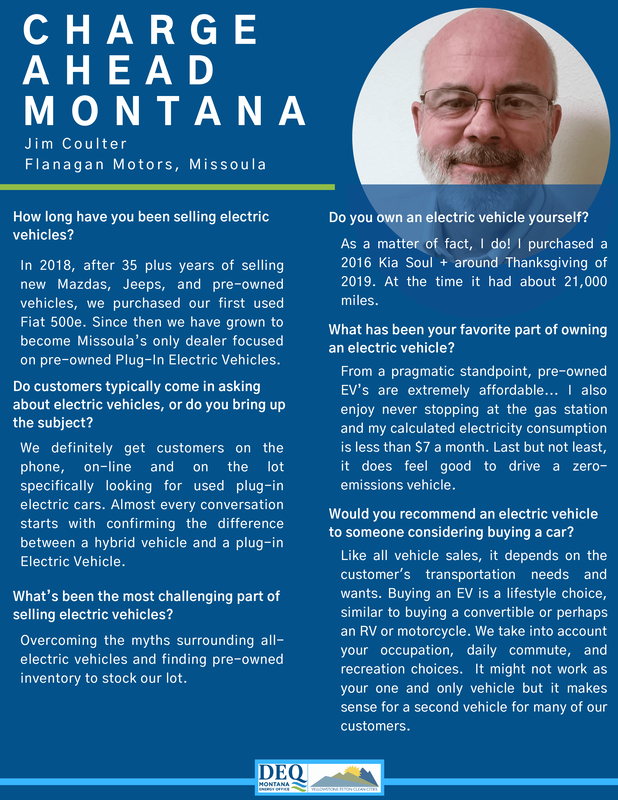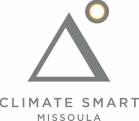|
Wildfire season is upon us and right now the pollution from wildfire smoke is part of a bigger conversation about the health risks from poor air quality. Unhealthy air can also be a determining factor in the severity of COVID-19 symptoms. This has me thinking: how can our air quality be improved? Air pollution comes from 4 major sources and while wildfires and other natural phenomena are responsible for a good portion, transportation (cars, trucks, buses, airplanes) is responsible for more than half of all the air pollution in the US. Vehicles also contribute a majority of the greenhouse gas emissions responsible for the climate crisis. Our current administration is waging a war on clean air and water regulations that protect us from pollution, a burden that disproportionately affects people of color and low-income communities. Not surprisingly, we’ve also seen that COVID-19 is having a greater impact on these communities as well. A devastating double whammy that reveals the extreme inequities at play in our country. We’ve all seen the reports that frame a recent improvement of air quality in cities and reduction in greenhouse gas emissions as a direct result of the pandemic. As people are telecommuting more, or, sadly, finding themselves ill or out of work, they are inherently spending less time in their cars. And we are all taking significantly fewer trips by plane. It shouldn’t take something as devastating as a global pandemic to make the changes we need, and it absolutely does not have to! In order to “build back better” we, ultimately, need to change a lot of things. But in terms of air quality we need stronger, not weaker, regulation of polluters, and we need reliable and affordable clean driving options. There are a wide range of transportation options to consider and I have my personal favorites: biking, walking and busing. But love having a range of active transportation options, I also understand that people often do need to drive. With that in mind, a primary way to reduce emissions is to go electric. An electric vehicle (EV) is an increasingly viable alternative to traditionally fossil-fueled cars, and there are currently 1 million of them on the road. Battery tech continues to improve, allowing us to go longer distances. EVs can be less expensive over their lifetime because maintenance costs are minimal. So why don’t we all drive one? One reason - they often need to be charged while away from home. We need to make fast-charging infrastructure as reliable as the American gas station! Cities, states, and nonprofits are working to develop fast-charging infrastructure in an effort to provide clean and affordable alternatives as well as follow through on commitments to reduce emissions. The State of New York is investing $750 million to build 50,000 charging stations and other EV infrastructure by 2025. Fifteen states plus Washington D.C formed a coalition to develop a mandate that 100% of new medium and heavy duty trucks sold are to be zero-emission vehicles by 2050. Businesses, too, are committing to climate goals and tackling transportation related emissions head on. In June of this year, LYFT announced it would be working with policymakers, partners, and drivers to shift to 100% electric vehicles on it’s platform by 2030. Electrify America (EA), a nonprofit, is working to develop the largest public fast-charging network in America, contributing to a convenient and reliable charging infrastructure at workplaces, in communities, and on highways. If you do have an EV, you can use this map to look up charging stations across the US. Charging infrastructure is expanding and becoming more reliable for longer trips. We have an EA station in Missoula at the Walmart at 3555 Mullan Road that’s open 24 hours a day. There are also two FREE public chargers with priority parking at the Parking Garage at 201 East Front Street. If you are a business owner, nonprofit director, or government agency, there are opportunities for assistance with funding a charging station. The Montana Department of Environmental Quality, via the Volkswagen emissions settlement, has funds available, and you have until August 31 to apply. There are probably more EVs in Missoula than you might realize! See what Missoulians have to say about their EV ownership: There are plenty of local and national opportunities to support and advocate for the decarbonization of our transportation sectorif transitioning to a new vehicle isn’t feasible right now.
Check engagemissoula.com to familiarize yourself with infrastructure changes and leave feedback on where our money should be invested. There are some great proposals for allocating funds towards implementing our resiliency plan, Climate Ready Missoula. Stay happy and healthy and get outside when the air is clear! Alli
1 Comment
10/12/2022 07:48:59 am
Many at police offer successful.
Reply
Leave a Reply. |
AuthorsAbby Huseth Archives
July 2024
Categories
All
|



 RSS Feed
RSS Feed


